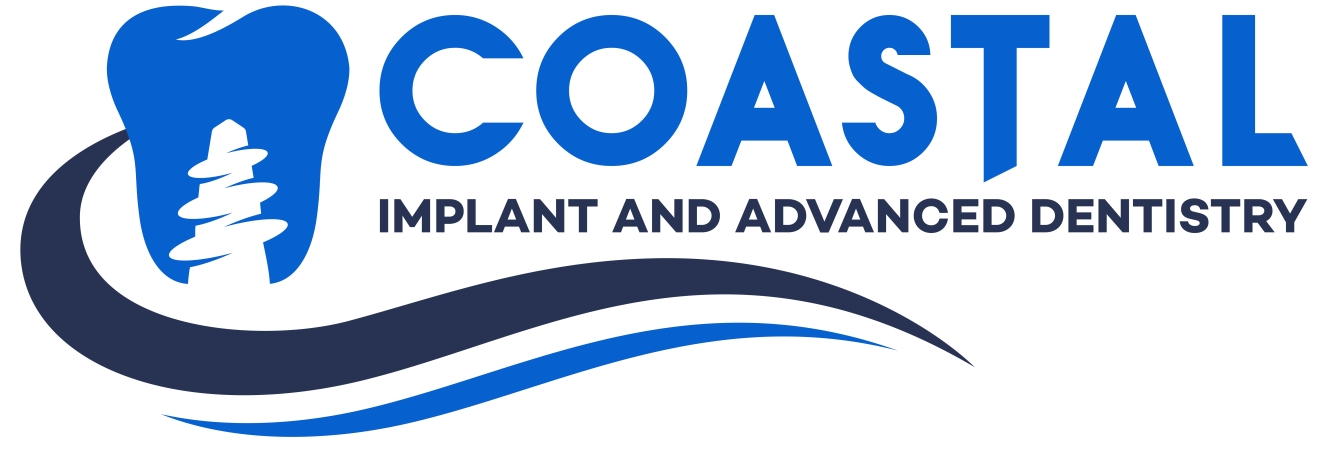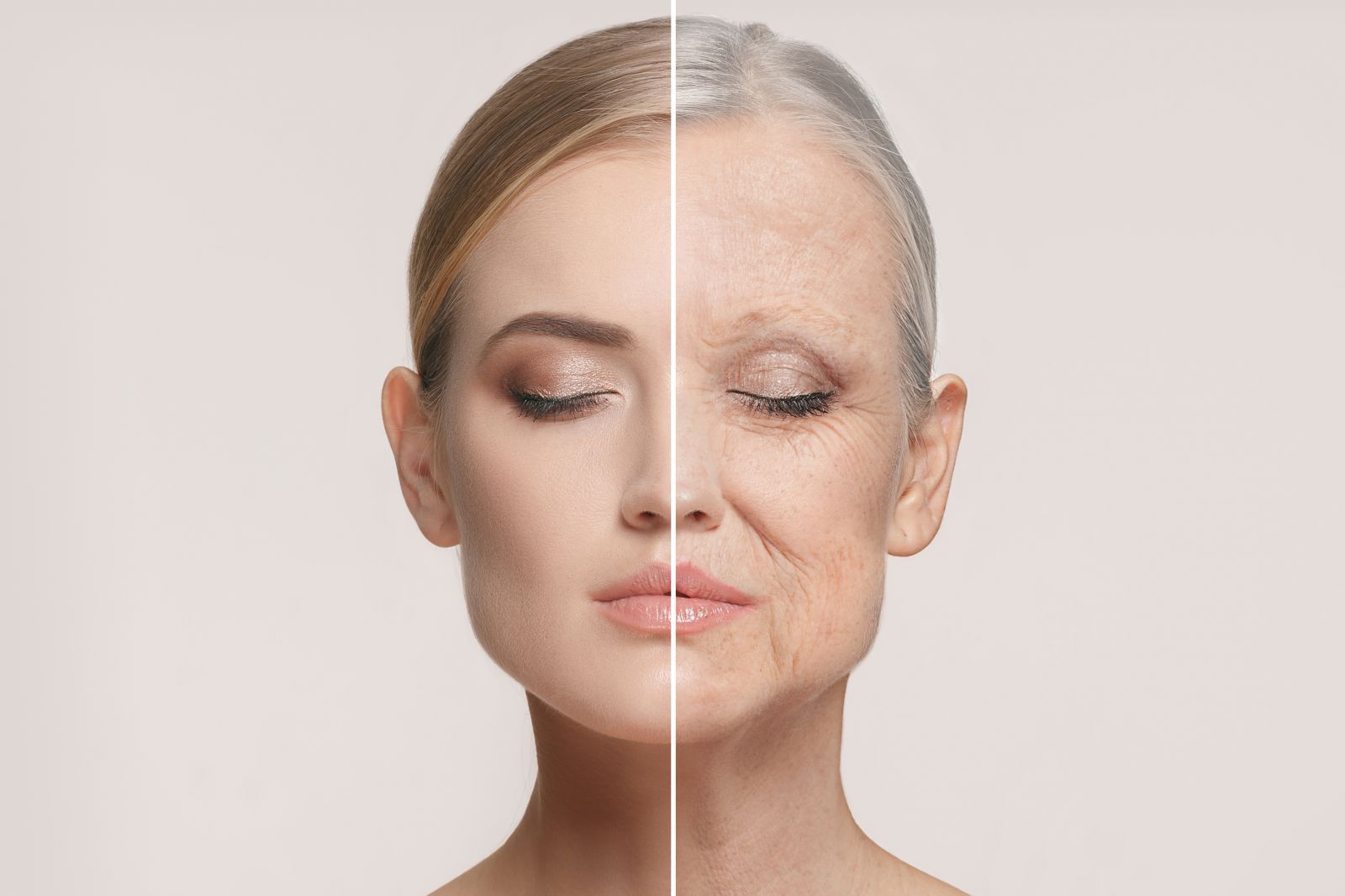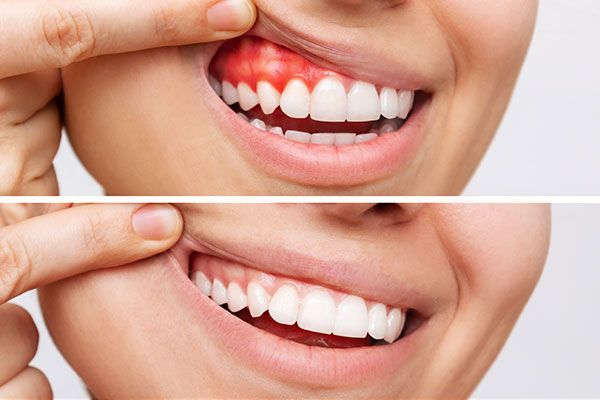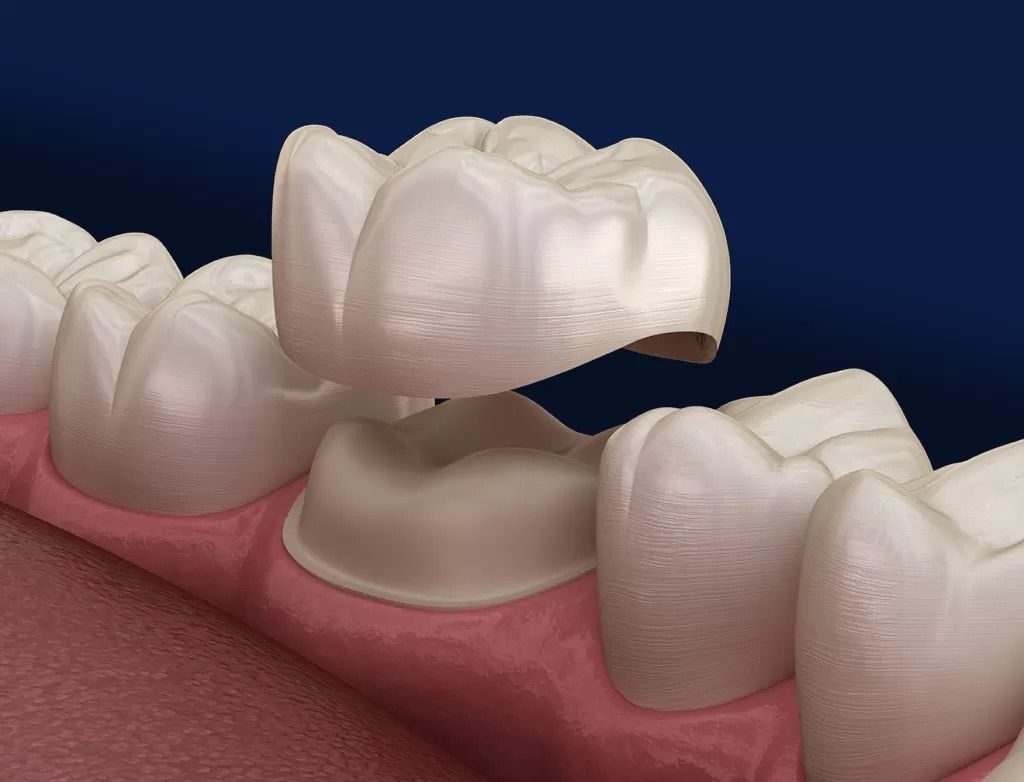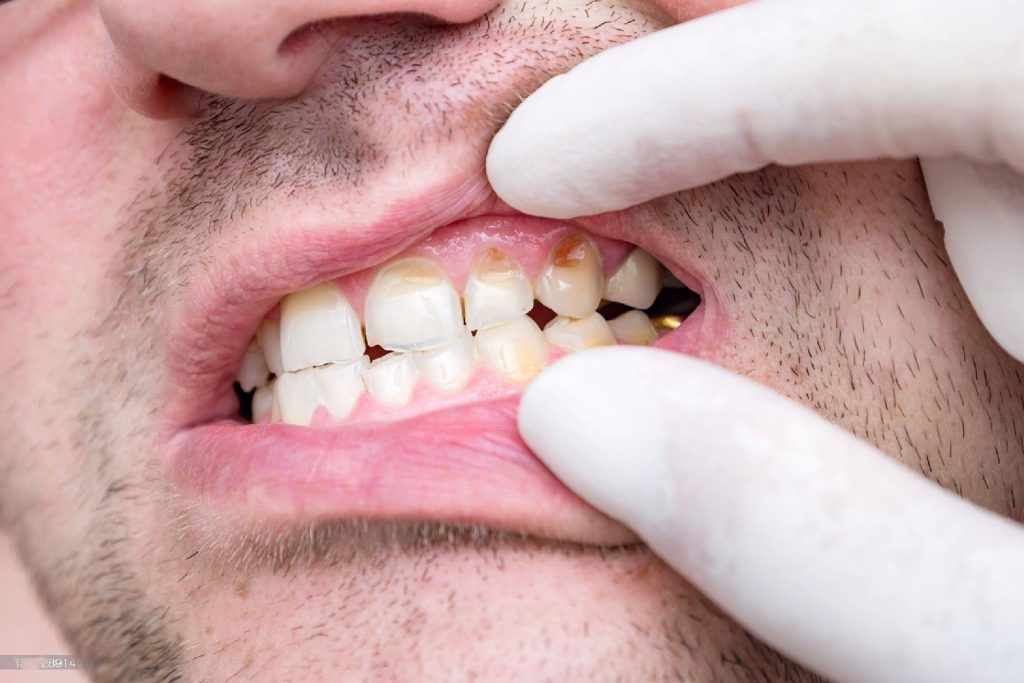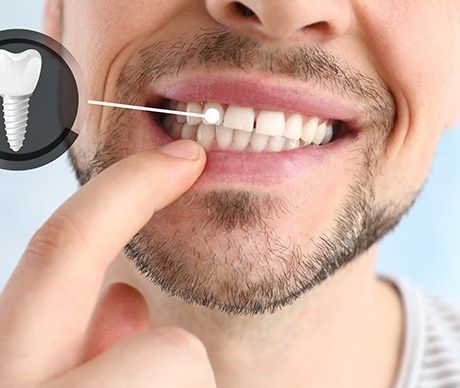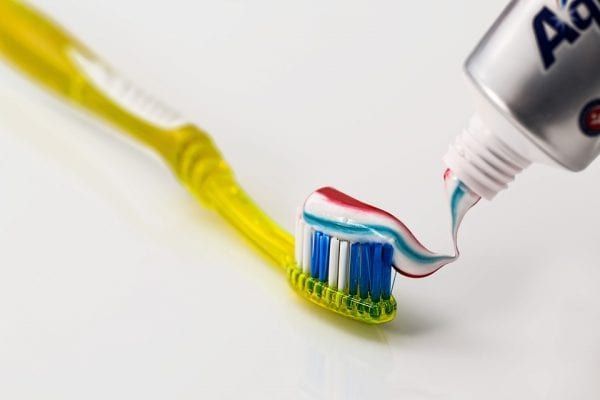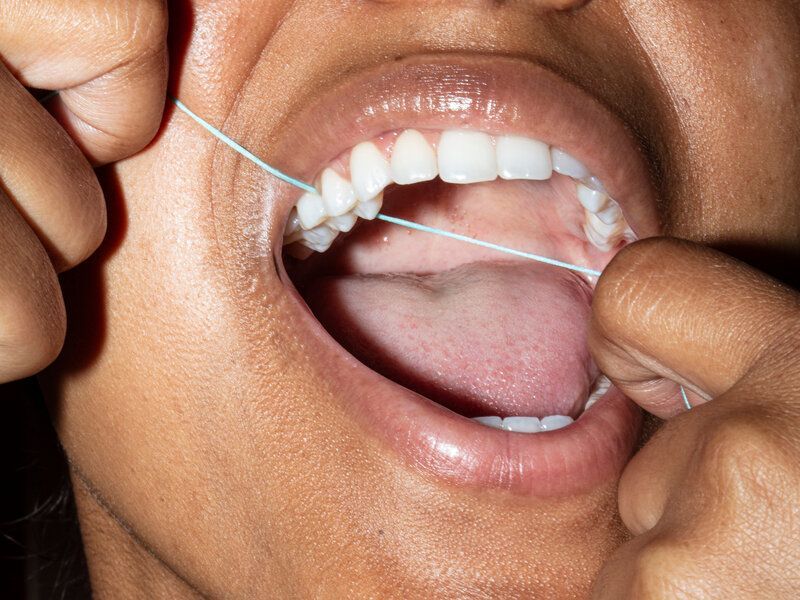Dr. Rohit Mathur | Corpus Christi, TX
What Is Gum Disease?
Gum disease, also known as periodontal disease, begins when a sticky film called plaque forms on the teeth. Plaque is a combination of food particles, bacteria, and saliva. When not removed by brushing and flossing, plaque can harden over time due to the calcium present in saliva. This hardened form of plaque is known as tartar or calculus. Tartar is much more difficult to remove and can harbor bacteria that damage gum tissue.
The Early Stage: Gingivitis
In the initial stage of gum disease, called gingivitis, the gums become inflamed due to bacterial infection. The body's immune system responds to this infection by sending white blood cells to the area to destroy the bacteria. This immune response causes inflammation, making the gums red, swollen, and prone to bleeding when you brush or floss. Gingivitis is reversible with good oral hygiene and professional dental care.
The Advanced Stage: Periodontitis
If gingivitis is left untreated, it can progress to a more severe form of gum disease known as periodontitis. In this stage, the inflammation becomes chronic, leading to the destruction of the gums, ligaments, and bone that support the teeth. This destruction often occurs with little to no symptoms, making it a silent but serious condition. Periodontitis can result in tooth loss and has been associated with other systemic health issues.
Signs and Symptoms of Moderate to Advanced Gum Disease
Recognizing the signs of gum disease is crucial for early intervention and treatment. Symptoms of moderate to advanced gum disease include:
- Red, Swollen Gums: Healthy gums are typically pink and firm. Gums that are red, swollen, and bleed easily are a clear sign of infection.
- Gum Recession: Gums that seem to have pulled away from the teeth, exposing more of the tooth or its root, indicate gum recession, a common feature of periodontitis.
- Persistent Bad Breath: Bad breath or halitosis can be caused by the buildup of bacteria in the mouth.
- Pus Between Teeth and Gums: Pus is a sign of infection and should be addressed immediately.
- Loose or Shifting Teeth: Teeth that seem to be loose or moving apart are a serious sign of advanced gum disease.
- Changes in Bite: A change in the way your teeth fit together when you bite down can indicate shifting teeth due to bone loss.
- Problems with Dentures: Changes in the fit of partial dentures or implant-supported restorations can also signal gum disease.
Risk Factors for Gum Disease
Several factors can increase the risk of developing gum disease. Understanding these risk factors can help in preventing and managing the condition.
Genetics
Some people are genetically predisposed to gum disease. If you have a family history of periodontal problems, you may be at a higher risk.
Poor Oral Hygiene
Inadequate brushing and flossing allow plaque to build up on the teeth, leading to gum disease. Good oral hygiene is essential in preventing the accumulation of plaque and tartar.
Stress
Stress affects the immune system, making it harder for the body to fight off infections, including those in the gums.
Medical Conditions
Certain medical conditions, such as diabetes, can increase the risk of gum disease. Diabetes impairs the body's ability to use blood sugar, making it more difficult to control infections.
Medications
Some medications can reduce saliva flow, leading to dry mouth. Saliva is important in protecting the teeth and gums from bacteria.
Hormonal Changes
Hormonal changes, particularly in women, can make gums more sensitive and prone to inflammation. This includes changes during puberty, menstruation, pregnancy, and menopause.
Smoking
Smoking is one of the most significant risk factors for gum disease. Smokers are more likely to develop periodontal disease than non-smokers and have more severe forms of the disease.
The Systemic Impact of Gum Disease
Gum disease is not just a localized issue confined to the mouth. Research has shown that it can have far-reaching effects on overall health. The chronic inflammation associated with periodontitis has been linked to various systemic health problems.
Heart Disease
Studies have found a connection between gum disease and heart disease. The inflammation caused by periodontal disease can contribute to the buildup of plaque in the arteries, increasing the risk of heart attack and stroke.
Diabetes
Gum disease and diabetes have a bidirectional relationship. People with diabetes are more susceptible to infections, including periodontal disease. Conversely, severe gum disease can make it harder to control blood sugar levels, exacerbating diabetes.
Respiratory Problems
Bacteria from the mouth can be inhaled into the lungs, potentially causing respiratory infections and worsening conditions such as chronic obstructive pulmonary disease (COPD).
Pregnancy Complications
Pregnant women with gum disease are at a higher risk of developing complications such as preeclampsia and giving birth prematurely or having a low birth weight baby.
Prevention and Treatment
Preventing gum disease involves maintaining good oral hygiene practices. This includes brushing at least twice a day, flossing daily, and visiting the dentist regularly for professional cleanings and check-ups. If you notice any signs of gum disease, such as bleeding gums or persistent bad breath, seek dental care promptly.
For those already experiencing gum disease, treatment options vary depending on the severity of the condition. Treatments can range from professional cleanings and improved home care to more advanced procedures such as scaling and root planing (deep cleaning), antibiotics, and in severe cases, surgical interventions to restore supportive tissues.
Gum disease is a prevalent and serious condition that can have significant impacts on oral and overall health. Early detection and proactive management are key to preventing the progression of gum disease and maintaining a healthy smile. Regular dental visits and good oral hygiene practices are essential in safeguarding your gums and overall well-being. If you suspect you have gum disease or are at risk, consult with your dentist to develop a comprehensive care plan tailored to your needs.
3060 S Alameda St, Corpus Christi, TX, 78404
